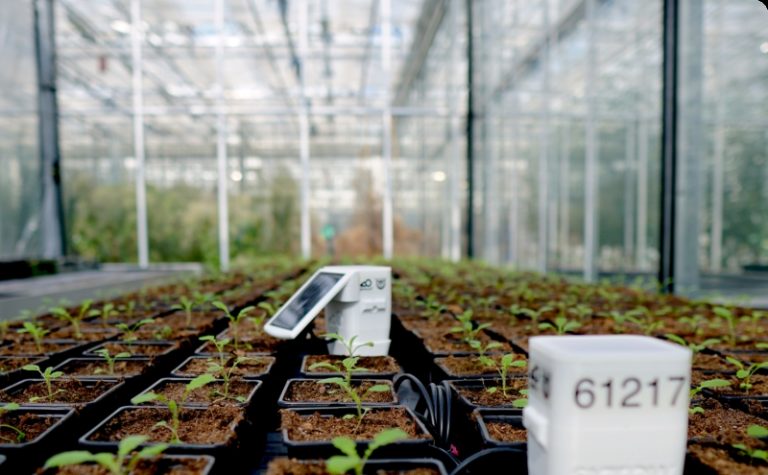In response to the growing global population, expected to reach nearly 10 billion by 2050, and the need to ensure sustainable food production, smart agriculture is emerging as a crucial application of the Internet of Things (IoT). This innovative approach enables farmers to transform their agricultural practices using advanced technologies. Typical smart agriculture projects include precision farming, livestock monitoring, irrigation management, and automated drones for surveying farms, mapping land, and spraying crops. We are currently witnessing unprecedented levels of technology adoption in agriculture. Once an emerging agricultural technology, IoT has now taken a mainstream position through broad acceptance.
Using sensors, controllers, and connected devices, smart agriculture creates an integrated ecosystem focused on optimizing agricultural processes. This allows farmers to not only reduce costs but also maximize yields and profits. The smart agriculture market is steadily growing, and a significant increase in investment is expected. IoT sensors can help agricultural organizations make better decisions regarding crop yield, quality, and cost reduction. Typical smart agriculture projects include precision farming, livestock monitoring, irrigation management, and automated drones for surveying farms, mapping land, and spraying crops.
Benefits of IoT in Smart Agriculture
IoT enables farmers to make precise decisions based on real-time data about irrigation, planting, and harvesting, improving crop yields and quality. By collecting data through sensors, farmers can better manage resources like water and fertilizers, leading to more efficient usage.
Crop Health Monitoring
Sensors can continuously monitor the health of crops, enabling early detection of diseases or pests. This allows farmers to take swift action and minimize crop losses.
Livestock Monitoring
IoT applications can help monitor the health and location of livestock, improving the efficiency of livestock farming activities.
Weather Forecasting and Risk Management
By integrating weather stations and data analysis, farmers can better anticipate weather conditions and reduce risks by taking timely appropriate measures.
Overall Optimization
Overall, IoT optimizes the agricultural sector through data-driven decision-making, effective resource management, and proactive risk reduction, resulting in more sustainable and efficient farming.
Connectivity and Hardware Solutions for Smart Agriculture
Connectivity requirements in smart agriculture vary. Thingsdata offers both high and low data consumption applications, such as secure M2M, LTE-M, and NB-IOT simcards. For high data consumption: precision farming equipment and vehicle telematics; for low data consumption: soil moisture sensors and irrigation controllers. To ensure a stable connection, the simcards feature multi-network switching, allowing devices to access the strongest network at all locations. This ensures a reliable and continuous data connection, crucial for monitoring and managing agricultural processes.
Request our testkit
Need reliable IoT SIM cards? Request our test kit for 3 free SIMs with 100 MB data for 3 months. Experience seamless IoT connectivity today.
Download our brochure
Looking for a reliable IoT partner? Download our brochure for instant access to valuable insights about our services and IoT solutions.
